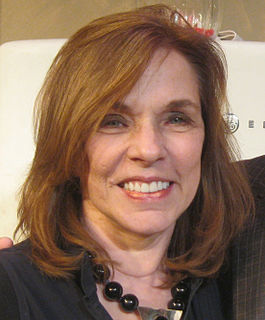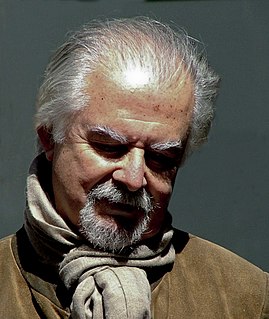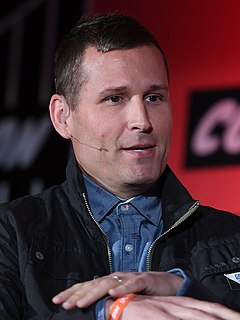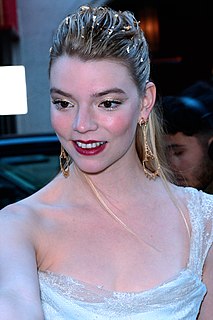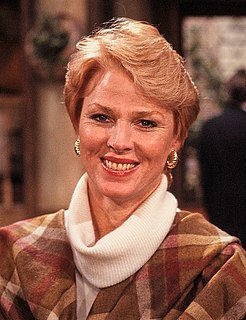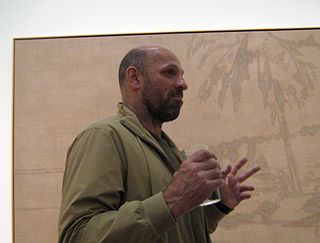A Quote by Thomas Jefferson
Never yet could I find that a black had uttered a thought above the level of plain narration; never saw even an elemental trait of painting or sculpture.
Related Quotes
How could you have guessed?” Miserable though Will was, he felt free, as if a heavy burden had been displaced from him. “I did all I could to hide and deny it. You—you never hid your feelings. Looking back, it was clear and plain, and yet I never saw it. I was astonished when Tessa told me that you were engaged. You’ve always been the source in my life of such good things, James. I never thought you would be the source of pain, and so, wrongly, I never thought of your feelings at all. And that is why I was so blind.
White people scare the crap out of me. I have never been attacked by a black person, never been evicted by a black person, never had my security deposit ripped off by a black landlord, never had a black landlord, never been pulled over by a black cop, never been sold a lemon by a black car salesman, never seen a black car salesman, never had a black person deny me a bank loan, never had a black person bury my movie, and I've never heard a black person say, 'We're going to eliminate ten thousand jobs here - have a nice day!'
I have seen Colonial churches since I was very small, Colonial painting and polychrome sculpture. And that was all I saw. There was not a single modern painting in any museum, not a Picasso, not a Braque, not a Chagall. The museums had Colombian painters from the eighteenth century and, of course, I saw Pre-Columbian art. That was my exposure.
The question I ask myself when adapting a book is how do I be true to the spirit and soul of the character? How would I describe this character in my medium? If you asked one person to do a painting of something and another to create a sculpture of it, you'll never ask, 'Why doesn't the painting look like the sculpture?'
I know people who have suffered writer's block, and I don't think I've ever had it. A friend of mine, for three years he couldn't write. And he said that he thought of stories and he knew the stories, could see the stories completely, but he could never find the door. Somehow that first sentence was never there. And without the door, he couldn't do the story. I've never experienced that. But it's a chilling thought.
One of the facets of growing up the way I did, I never had the experience of being solely in the black community. Even my family, my mother is what they call Creole, so she's part French, part black, and grew up in Louisiana. It's a very specific kind of blackness that is different than what is traditionally thought of as the black community and black culture. So, I never felt a part of whatever that was.
I got scouted when I was 16, almost 17, and it was something that had never entered my thoughts. I never thought I could be a model. I was such a tomboy growing up, and I've never really been into makeup or anything like that, so it was really surprising, but I definitely saw it as an in for acting.
I think, at the L.A. County Museum of Art, I saw my first example of Kerry James Marshall, who had a very sort of heroic, oversized painting of black men in a barbershop. But it was painted on the same level and with the same urgency that you would see in a grand-scale [Anthony] van Dyck or [Diego] Velazquez. The composition was classically informed; the painting technique was masterful. And it was something that really inspired me because, you know, these were images of young, black men in painting on the museum walls of one of the more sanctified and sacred institutions in Los Angeles.
I was uncomfortable because I had never been that nude before. I had never shown my legs, and never shown quite that much skin. I always played frigid doctors or the plain sisters who got the guy at the end. What did I know from ladies in caves who ate only meat? And when the outfit came in, I never thought of myself that way. I mean, I always thought of myself as having my father's chest. I was very self-conscious.


